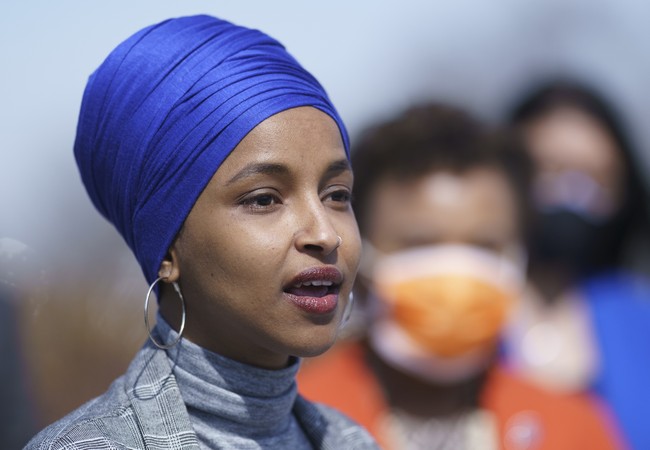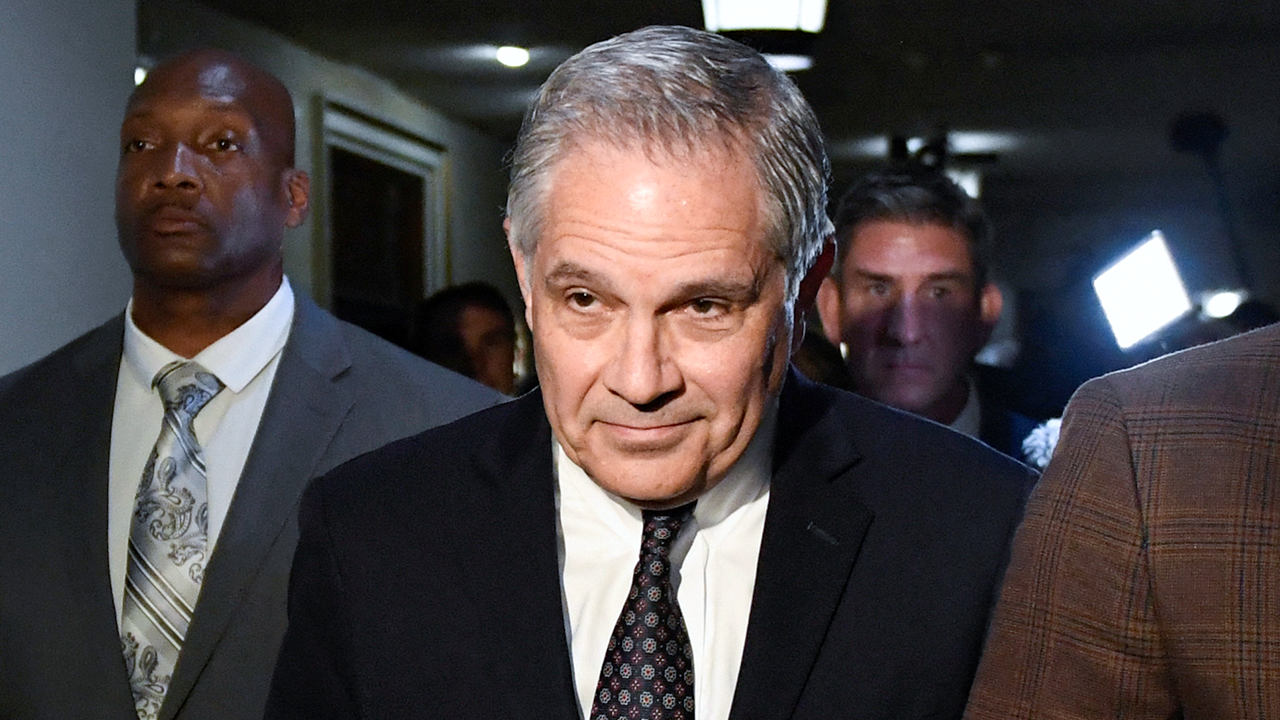WASHINGTON, D.C. — Local police could use President Donald Trump’s help in making some of Washington, D.C.’s roughest streets safer if he executes it properly, residents told the Daily Caller News Foundation.
The DCNF spent Tuesday afternoon in the neighborhoods of Benning and Lower Central Avenue in the low-income, majority-black Ward 7, which police label one of the two most dangerous wards in D.C. Four of the five pedestrians who answered the DCNF’s questions about crime said D.C.’s Metropolitan Police Department (MPD) needs federal assistance, with two expressing that deploying federal agents or the National Guard has made their area noticeably safer.
Tuesday’s remarks contrasted with others who previously told the DCNF that D.C. does not have unusually high crime during interviews near the tourist-friendly National Mall. (RELATED: Some DC Locals Aren’t Convinced Their Shooting-Infested City Has A Crime Problem)
WATCH:
“I’d say, lately, nothing that much has been going on since … law enforcement been around,” D.C. resident Lavelle Thompson told the DCNF Tuesday when asked about the crackdown.
“Ever since Trump put out the law, [the area became] more safe for more protection, police protection,” Thompson said. He added that there ought to be more officers watching over businesses such as grocery stores and restaurants.
The Trump administration has announced more than 1,000 arrests in D.C. — including dozens in crime-ridden Wards 7 and 8 — since the president federalized the MPD and declared war on the district’s crime in early August.
“I think it’s good that it is having some results … People’s not out as much because they’re aware,” a resident who identified himself as Walter told the DCNF. “So, I’m grateful for that aspect of it, but I think it might be a little over the top, but he is getting results, so I can’t complain about it.”
The dangerousness of Southeast D.C. is such that Walter normally would not be willing to report crimes to the police, he told the DCNF. “Things like that have a way of coming back to you or your family,” said Walter, adding that he must protect himself, his fiance and two daughters from “retaliation” by criminals.
“If they’re hurting somebody, I may try to help, but just selling drugs or whatever they’re doing, it’s not my business,” Walter said.
Democratic D.C. Mayor Muriel Bowser also said Wednesday that she is grateful for Trump’s actions, attributing the recent surge in federal officers to a reduction in carjackings.
However, he has not sent enough federal assistance to the district’s neighborhoods that “really need it,” according to Wilhelmina Rochester, who said she has lived in Southeast D.C. for about 15 years. She said she had been robbed three times throughout her time in D.C., including in the past four months.
“You can go from here to Southern Avenue and you’ll be lucky if you see a police,” Rochester told the DCNF while on Benning Road Northeast. “If you see police now, it’s because school is letting out.”
Even so, Rochester would only welcome federal officials “who were familiar with where they lived, what goes on, how people conduct themselves,” she told the DCNF.
Rochester concurred with the Trump administration that D.C.’s laws are too lenient toward juvenile crime. Police have linked juveniles to 51% of the district’s robberies and 60% of carjackings, and even violent juvenile offenders can receive little to no jail time under D.C.’s Youth Rehabilitation Act. (RELATED: How America’s Capital Became Soft-On-Crime Haven)
WATCH:
“I really do think they need to reconsider instituting a heavier punishment on people who are underage because they’re taking advantage of that law to commit crimes and not be responsible — or at least hold the parents responsible, somebody,” Rochester said. “It’s not fair that you … work all your life and you pay your car note and you do everything and you have flat tires or you bust my windows out or you try to rob my car and you’re 13 and all you get is a slap on the wrist and sent home.”
D.C.’s local courts typically release over 90% of criminal defendants due to a cashless bail policy implemented in 1992. Trump signed an executive order on Monday directing his administration to potentially threaten federal funding or services to D.C. if it maintains the bail policy.
Tony Neil, a “native Washingtonian” of about 40 years, agreed that crime rates since COVID-19 broke out in 2020 have brought increasing challenges to the MPD.
“The police alone seem like they can’t really handle, some of it may be a little overwhelming,” Neil told the DCNF. Trump should find a balance between intervening when it’s necessary and letting D.C. officials maintain control of local affairs, Neil said.
“It could be beneficial in some points and not beneficial in other points,” Neil said about Trump’s efforts.
Not everyone who spoke to the DCNF echoed Trump’s portrayal of D.C. A fifth pedestrian who went by Stephanie said he is merely being a “dictator” and that federal agents should not be arresting people for minor drug offenses.
“They’re not up on Capitol Hill robbing. They’re not up on Capitol Hill murdering people. They’re not doing that,” she said.
As the DCNF traveled away from Southeast D.C. on a public train, another person quickly stole the DCNF’s microphone and left the train car too quickly to be identified.
Caden Olson contributed reporting.
All content created by the Daily Caller News Foundation, an independent and nonpartisan newswire service, is available without charge to any legitimate news publisher that can provide a large audience. All republished articles must include our logo, our reporter’s byline and their DCNF affiliation. For any questions about our guidelines or partnering with us, please contact [email protected].
Read the full article here











![Epstein Called Himself ‘Tier One’ Sex Predator in Newly Released DOJ Interview [WATCH] Epstein Called Himself ‘Tier One’ Sex Predator in Newly Released DOJ Interview [WATCH]](https://www.rvmnews.com/wp-content/uploads/2026/02/2026.02.02-02.09-rvmnews-6980b018a44e5.jpg)
